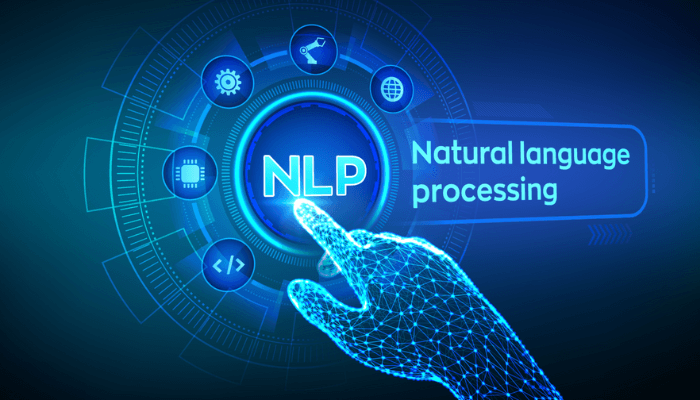How Kofounda is using local languages to bring Africa online
In a continent where over 40 million small and medium enterprises (SMEs) still lack an online presence, language and technical complexity often stand in the way of digital adoption.
Founded by Timothy Dake, an artificial intelligence pioneer, and Uduma Glory, design strategist, Kofounda is aiming to change that by giving voice to entrepreneurs.
Kofounda, a Nigerian startup, is a voice-powered platform that allows users to create fully functional websites by speaking commands in local languages. The tool, which will be available in November 2025, supports English, Pidgin, Yoruba, and Hausa at launch.
Read also: The role of language in digital economy and how Nigeria is already disadvantaged
The platform leverages advanced AI to interpret voice commands in multiple Nigerian languages, automatically generating responsive websites complete with content, images, and e-commerce functionality. Users can say ‘Create a restaurant website with menu and online ordering’ and watch their site materialise within minutes.
In Africa, many entrepreneurs are more comfortable expressing themselves in their mother tongue than in English. By bridging that gap, Kofounda has the potential to bring entire communities into the digital economy who would otherwise be left behind.
Kofounda was recently awarded $250,000 via Microsoft’s Generative AI Challenge, which is a critical endorsement of its inclusive mission.
With that backing, the founders intend to scale their voice-driven platform across West Africa by 2026, gradually adding more languages and refining the system for different sectors (from retail, services, and creative industries).
Read also: Preservation of fading languages: The Accessible Publishers’ example
The founders’ earlier work involved developing Jummai, the first GPT model trained in Hausa, which laid the foundation for culturally sensitive AI, not generic systems that fail to understand African speech patterns or idioms.
Kofounda is betting on inclusion as its competitive edge. Its founders see the tool not just as a business, but as part of a broader digital justice movement, which is a way to democratise web access in a multilingual, multi-layered society.

